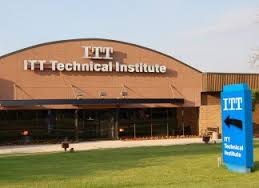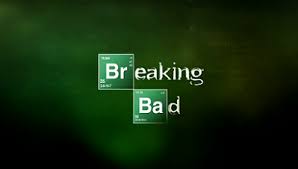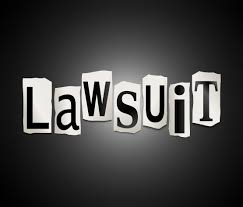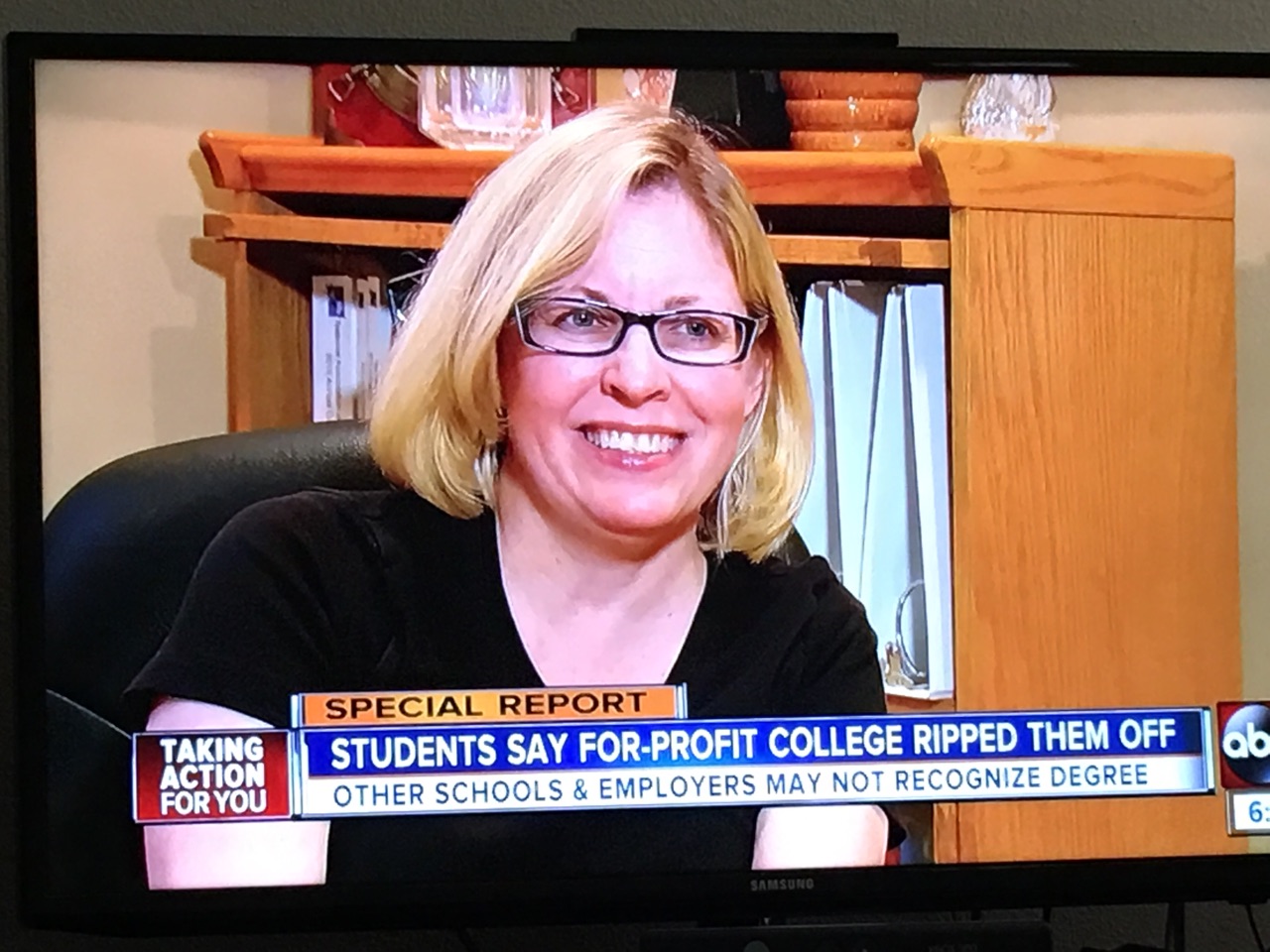We’ve been getting very interested lately in how schools, particularly for-profit schools, are representing the cost of education at their institutions. At ITT for instance, we’re learning that students were for the most part simply left in the dark about what their education would cost. By the time they learned the true cost, it was too late and they were already committed. They were also told that any shortfall in tuition that was not covered by federal financial aid would be covered by “temporary credits”. Some of our clients are reporting to us that they didn’t know these were actually loans. Others were aware they were loans but were told they were 0% loans. Then nine months later, ITT demanded payment in full of the amount representing the “temporary credits”. When most student couldn’t pay all at once (95% or more most likely) they were provided with a private loan at 13-16% with a 10% origination fee. That’s 23-26% interest folks!! None of this was fully explained up front. This will be the basis for one of our claims in our Defense to Repayment cases.
Also this week the CFPB enforced an order whereby institutional student loans held by a western school were discharged and refunds ordered when a college misrepresented the low payment plans. Apparently they promised $25 payment plans or something to that effect. I haven’t had time to find and review the allegations behind the Order.
Today in the ABA Journal, I read that the University of Tulsa College of Law is reducing its tuition by 35%. They state that the reduction is to be “really transparent about the cost of legal education.” Interesting. Transparency. Were they less than transparent last year? Now I haven’t been following the University of Tulsa since my law practice is in Florida, either they are ahead of the curve and we can expect more of the same from other schools who want to avoid scrutiny or perhaps they are already under scrutiny.
 Reboot Your Life: Tampa Student Loan and Bankruptcy Attorney Blog
Reboot Your Life: Tampa Student Loan and Bankruptcy Attorney Blog







